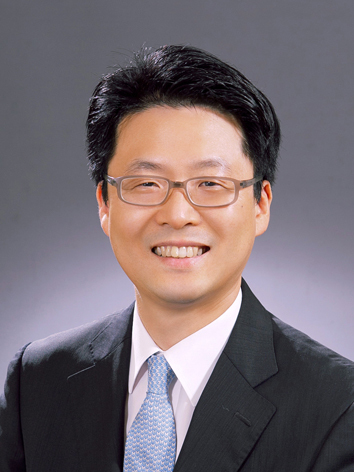
Chung Suh-yong
At first glance, international agencies the Green Climate Fund and the Global Green Growth Institute, both of which are based in Korea, might seem like two different “animals,” despite both being based in the Seoul area.
The GCF will be channeling finances from the public to the private sector while the GGGI stands ready to implement all available financial resources to promote a low-carbon green economy. Both need to consider the synergies of a partnership if their work is to reach maximum potential.
For the GCF, partnering with the GGGI would help enable it to achieve its goals of contributing to global emissions reductions and adapting to the major development challenges posed by climate change.
The GCF needs to invest and disburse financial resources to initiatives that demonstrably promote its new business model. Mobilizing financial resources and identifying the right actors to implement comprehensive low-carbon green growth plans would be a key to success.
It was at the United Nations Climate Change Conference, commonly known as the Copenhagen Summit, in 2009 that countries began to realize the need for a new methodology to deal with climate change. There was widespread support from world leaders for the concept of green growth, strategy policies and frameworks, and implementation.
And it was out of this realization that they agreed on the need to establish the GCF as part of an entirely new kind of financial architecture. Through the GCF, they planned to mobilize $100 billion every year from 2020.
The GCF has two financial channels: ODA funds from governments and private-sector investment. Financial contributors to the GCF will want to see how effectively their investment has been used. Outsourcing the GCF’s activities to GGGI might be an option, given it already has wide experience.
In 2010, the GGGI was established initially as a Korean initiative. But within just two years, it had converted into an international organization with 20 member countries. The rapid development of the GGGI from a Korean foundation to an international organization strongly demonstrates that green growth is embraced by the international community as a future model of growth.
Today, the GGGI assists developing and emerging countries in incorporating green growth in their economic development plans, and supports them in achieving economic goals while integrating social and environmental aspirations. In this regard, it is conducting 34 green growth planning and implementation programs in 20 countries.
The GGGI receives financial support from countries including Denmark, Korea, Norway, Qatar, the UAE and the U.K. However, teaming up with the GCF would open the way to a new source of finance and, ultimately, raise its profile.
Green growth today is a widely used term. It is defined as pioneering a new future economic model by combining growth with environmental sustainability. This can be achieved through creativity, innovation, new technology and science.
Green growth policies can create jobs, generate economic growth and, through research and targeted investments, help prevent future generations from experiencing the negative consequences of environmental degradation and climate change.
The United Nations, the OECD, the World Bank and numerous national governments have adopted green growth as an economic strategy.
The opening of the GGGI’s Songdo liaison office late last year in the same building that houses the GCF will serve as a stepping stone for greater ties between multilateral organizations ― including the GCF ― that have complementary objectives in promoting green growth and sustainable development.
There is more at stake than just boosting the effectiveness of the institutions themselves. Their partner countries ― and the future of the rest of the planet ― depend on effectively combining economic growth with sustainability.
By Chung Suh-yong
Chung Suh-Yong is a nonstate acting member of the GGGI Council and associate professor in the division of international studies, Korea University, and director of the Center for Climate and Sustainable Development Law and Policy. ― Ed.






